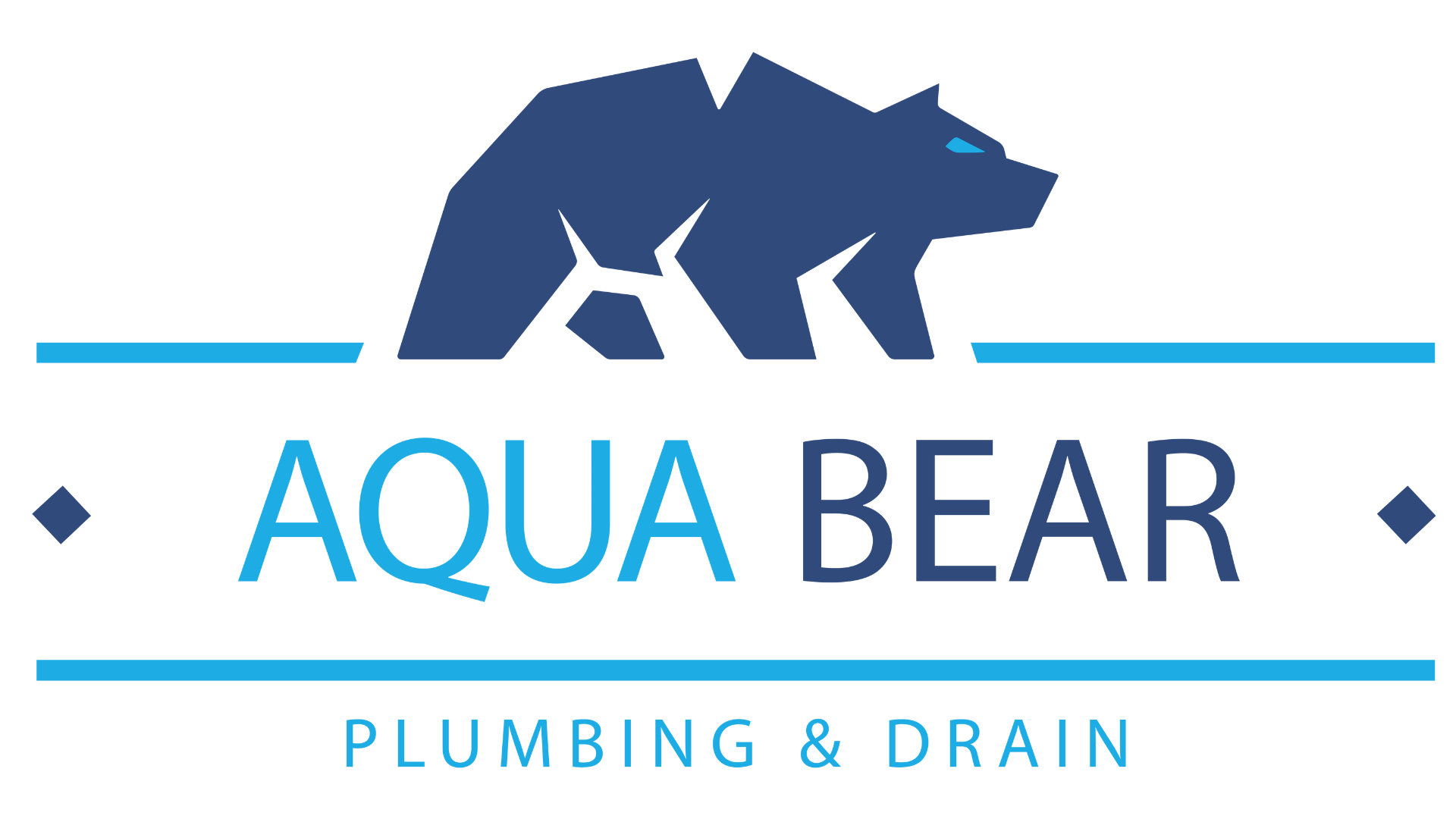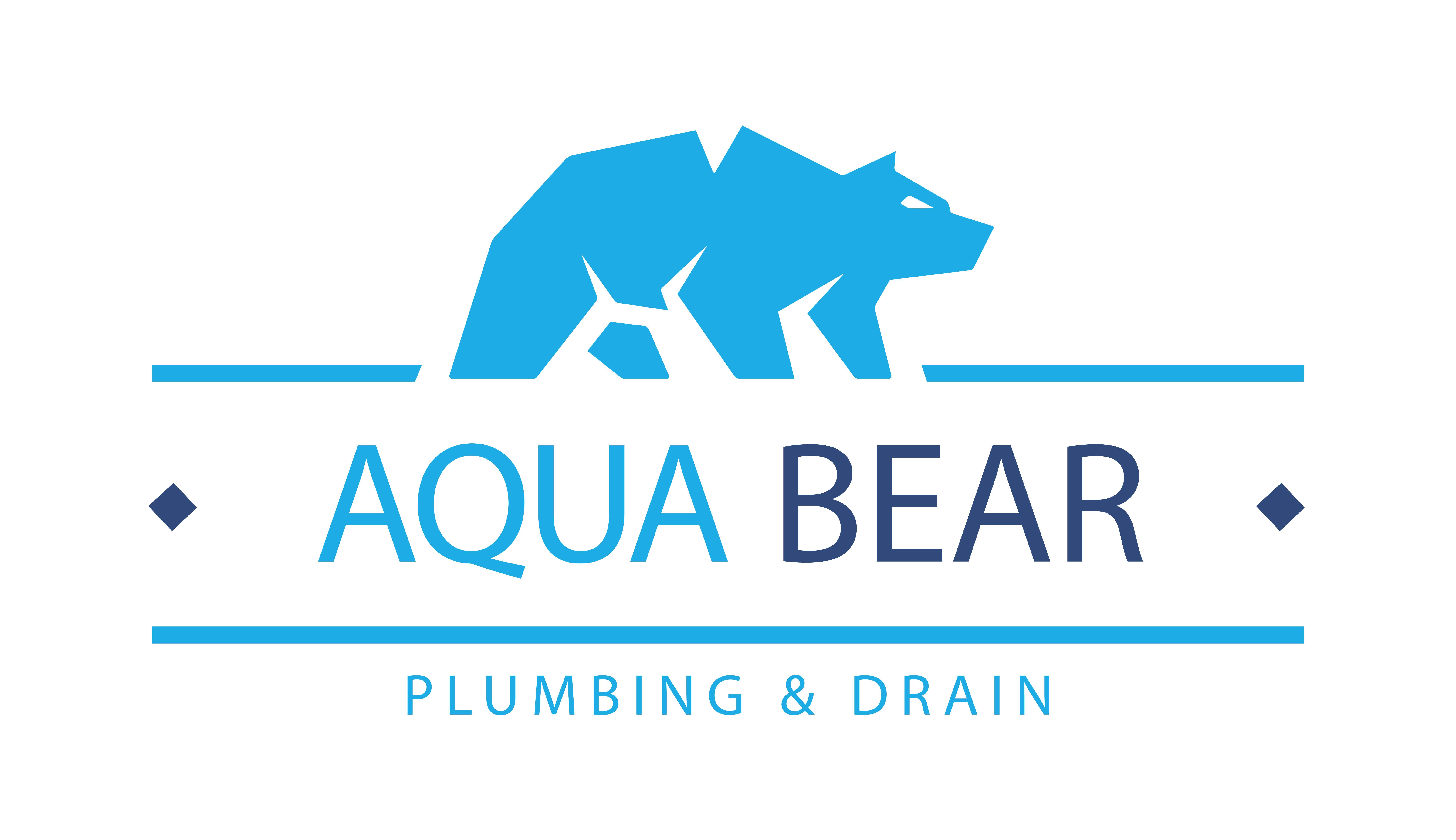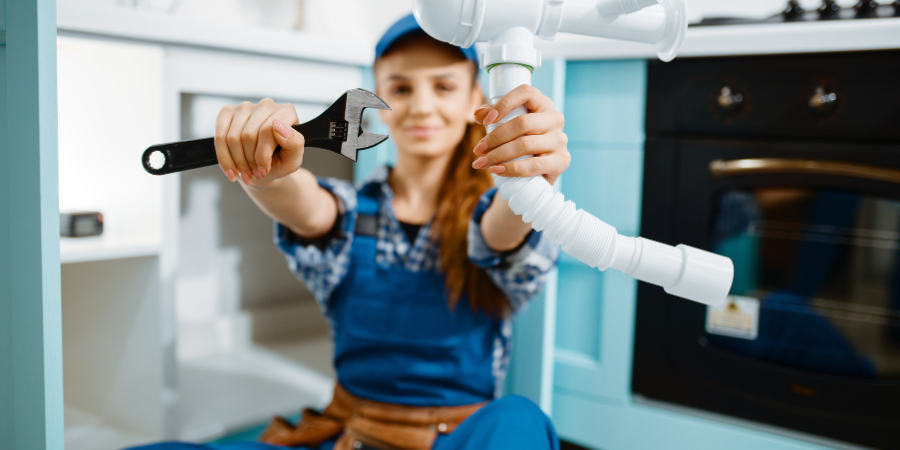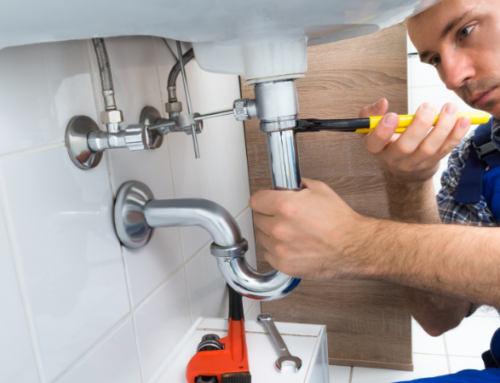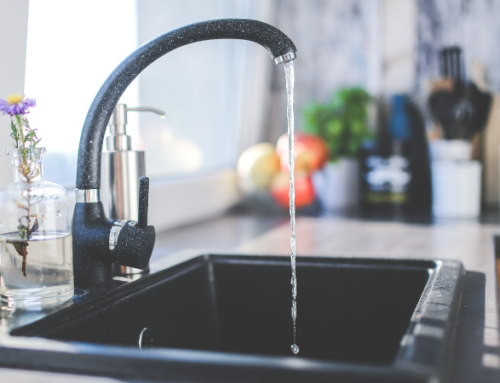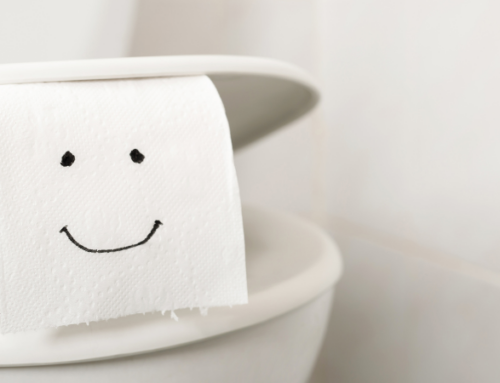Why Water Conservation Is Needed
Water conservation is necessary for several reasons, both globally and locally. Understanding these reasons helps us appreciate the urgency of implementing water-saving measures.
Environmental Impact
Water conservation helps protect our natural resources, ensuring that ecosystems and wildlife thrive. By reducing our water usage, we can lower our carbon footprint and preserve freshwater supplies.
Reducing Carbon Footprint
Water usage is closely linked to energy consumption because significant energy is required to pump, heat, and treat water. Reducing water use decreases the energy demanded to complete this process, which in turn lowers household carbon footprints. Every drop of water saved contributes to a reduction in greenhouse gas emissions.
Preserving Freshwater Supplies
Freshwater is a finite resource, and conserving it is essential for future generations. Water conservation helps mitigate drought conditions and ensures that there is enough water to meet the needs of both people and the environment. By using water efficiently, we can help maintain adequate freshwater levels in rivers, lakes, and aquifers.
Economic Benefits
Conserving water also brings substantial economic benefits, from lowering utility costs to reducing maintenance expenses.
Lower Utility Costs
Reducing water usage leads to immediate savings on monthly water bills. Additionally, many municipalities offer rebates and incentives for installing water-efficient appliances and fixtures, further reducing the financial burden. By investing in water-saving technologies, you can enjoy significant long-term cost benefits.
Reducing Maintenance Costs
Water-efficient plumbing systems experience less wear and tear, leading to decreased maintenance costs. Reduced water usage means less stress on your plumbing infrastructure, extending its lifespan and minimizing the need for repairs. This translates to additional savings over time.
Efficient Plumbing Fixtures
Upgrading to efficient plumbing fixtures is one of the most effective ways to conserve water. These fixtures are designed to use less water without compromising the overall performance of the appliance.
Low-Flow Toilets
Low-flow toilets reduce water usage per flush by 50% compared to older toilets, offering significant savings over traditional models. These toilets use advanced technology to maintain efficiency while using less water.
Dual-Flush Toilets
Dual-flush toilets offer two flush options: a lower volume flush for liquid waste and a higher volume flush for solid waste. This technology allows for substantial water savings by providing the appropriate amount of water needed for each flush. Installation considerations and potential water savings make dual-flush toilets an excellent choice for any home.
Water-Saving Showerheads
Using water-saving showerheads can dramatically reduce water consumption during showers. These showerheads are designed to give the experience of normal water pressure while using less water.
Aerating Showerheads
Aerating showerheads mix air with water to create a mist-like flow which can maintain pressure while reducing flow. This not only provides a comfortable shower experience but also conserves water. The benefits of comfort and water savings make aerating showerheads a popular choice among homeowners.
Laminar-Flow Showerheads
Laminar-flow showerheads use different technologies to create individual streams of water as opposed to the mist of an aerating model. This method reduces water usage while providing a refreshing shower experience. Comparing laminar-flow showerheads with traditional models highlights their advantages in water conservation the best.
Efficient Appliances
Water-efficient appliances play a crucial role in water conservation, offering significant savings in both water and energy.
High-Efficiency Washing Machines
Modern washing machines are designed to use less water and energy to clean the same amount of clothes a non-high-efficiency washer can. Upgrading to high-efficiency models can lead to substantial savings in water bills, energy bills, and detergent usage since they require less.
Front-Load vs. Top-Load
Front-load washing machines typically use less water than top-load models. Understanding the differences in water usage between these types can help you select the most efficient option for your home. Recommendations for the best models can guide you in making an informed decision but front loading washers may not be practical for every user.
Water-Efficient Dishwashers
Dishwashers designed to minimize water consumption can save significant amounts of water compared to traditional models. Tips for maximizing water savings with your dishwasher include selecting energy-efficient models and using proper loading techniques.
Energy Star Rated Dishwashers
Energy Star certification signifies that an appliance meets strict efficiency standards. Choosing Energy Star-rated dishwashers ensures you are using an appliance that saves water and energy. The advantages of these dishwashers include lower utility bills and reduced environmental impact.
Proper Loading Techniques
Loading your dishwasher efficiently can maximize water and energy savings. Best practices for ensuring maximum efficiency include scraping dishes before loading and running the dishwasher only when full. These simple steps can lead to significant water conservation.
Smart Plumbing Practices
In addition to upgrading fixtures and appliances, adopting smart plumbing practices can further enhance water conservation efforts.
Regular Maintenance
Regular maintenance of your plumbing system is essential to prevent leaks and water waste. Simple tasks such as visually inspecting your exposed plumbing pipes on a monthly basis can make a significant difference in conserving water and protecting your home. Additionally, engage a professional on a yearly basis so they can thoroughly inspect your plumbing pipes and fixtures and suggest other water-conserving methods.
Leak Detection
Identifying and fixing leaks early can prevent substantial water loss. Regularly checking for leaks and repairing them promptly helps conserve water and reduce utility bills. The impact of leaks on water conservation efforts cannot be overstated.
Pipe Insulation
Insulating pipes reduce water waste by maintaining water temperature and reducing the need for water to run until it heats up. This practice not only conserves water but also saves energy, contributing to overall efficiency.
Behavioral Changes
Small changes in daily habits can lead to significant water savings. Incorporating water-saving practices into your routine can have a substantial impact.
Shorter Showers
Reducing shower time is an effective way to conserve water. Practical tips for keeping showers short and effective include using a timer and turning off the water while lathering. These habits can lead to significant water savings over time.
Turning Off Taps
Turning off taps when not in use, such as while brushing teeth or washing dishes, prevents unnecessary water waste. Simple ways to avoid wasting water include being mindful of water usage and fixing any dripping taps immediately.
Looking For More Plumbing Tips And A Professional To Help You Conserve Water?
As we conclude this article it is important to realize water conservation is a critical issue that requires attention from all of us. By understanding the importance of water conservation and implementing efficient plumbing fixtures, appliances, and smart practices, we can make a significant impact. Upgrading to low-flow toilets, water-saving showerheads, and high-efficiency appliances are effective steps toward reducing water usage.
Adopting regular maintenance practices and making small behavioral changes can further enhance our conservation efforts. Together, these measures can help preserve our natural resources, lower utility bills, and reduce the strain on our plumbing systems. At Aqua Bear Plumbing and Drain, we are committed to helping you achieve these goals.
If you are interested in learning more about water conservation or need assistance with upgrading your plumbing fixtures and appliances, contact Aqua Bear Plumbing and Drain. Our team of experts is ready to provide you with the advice and services you need to make your home more water-efficient. Let us help you contribute to a sustainable future while enjoying the benefits of lower utility bills and a more efficient plumbing system. Less really does equate to more
